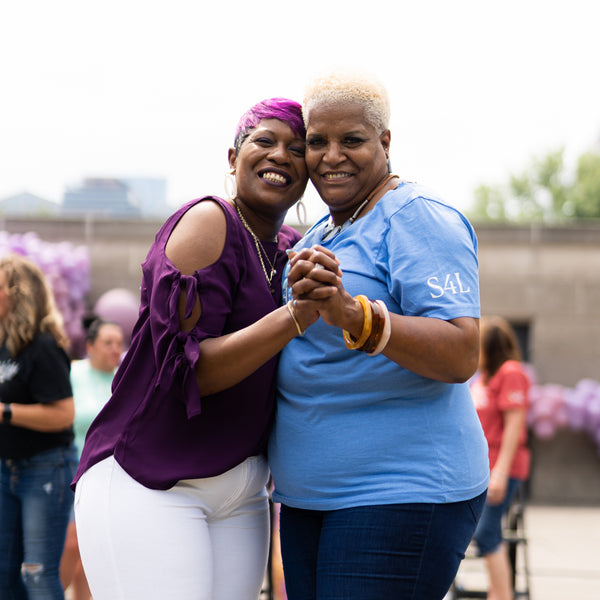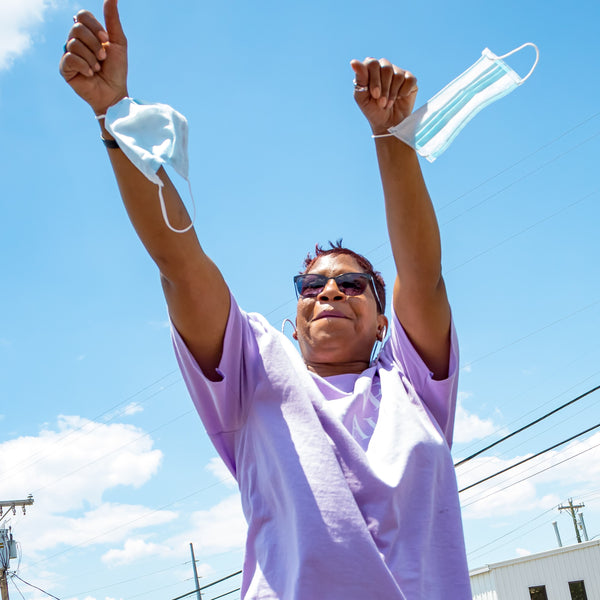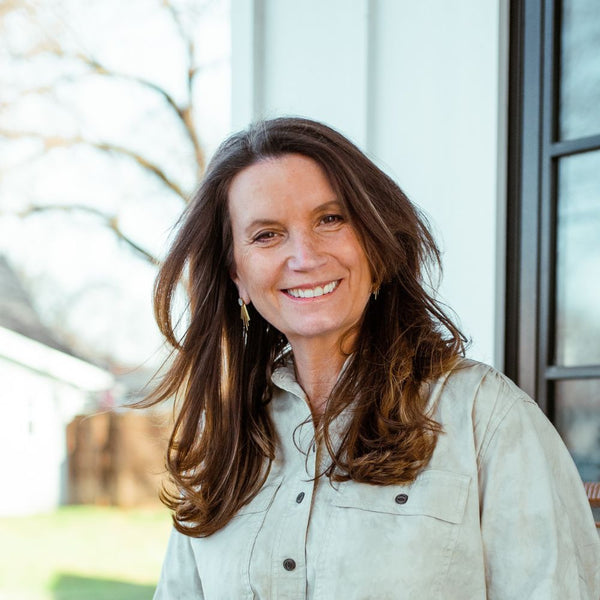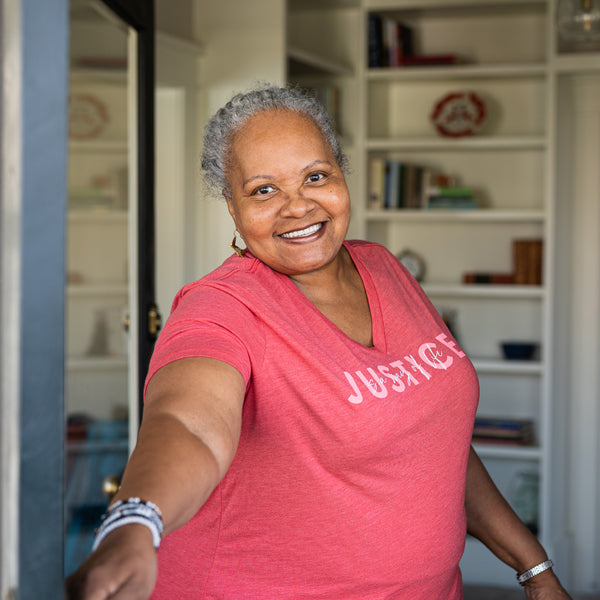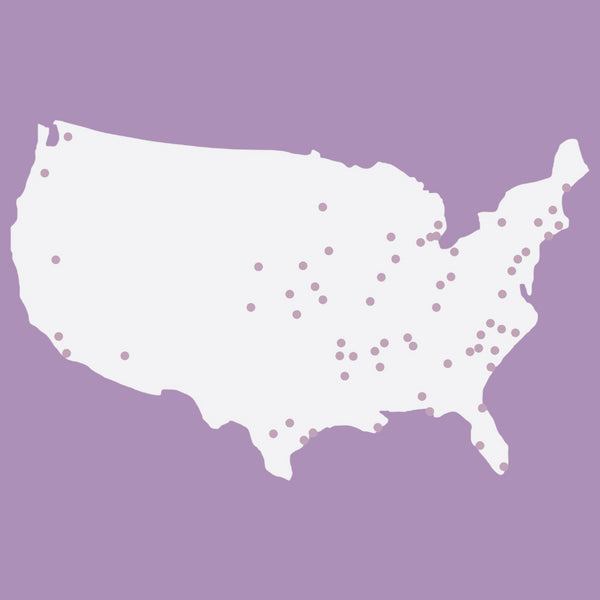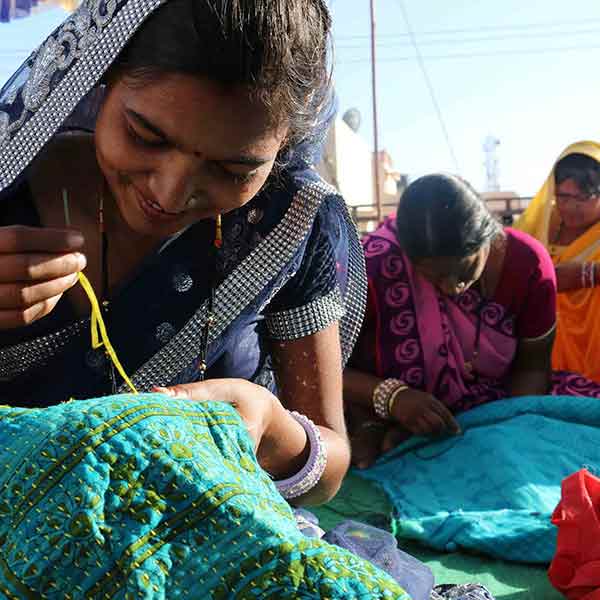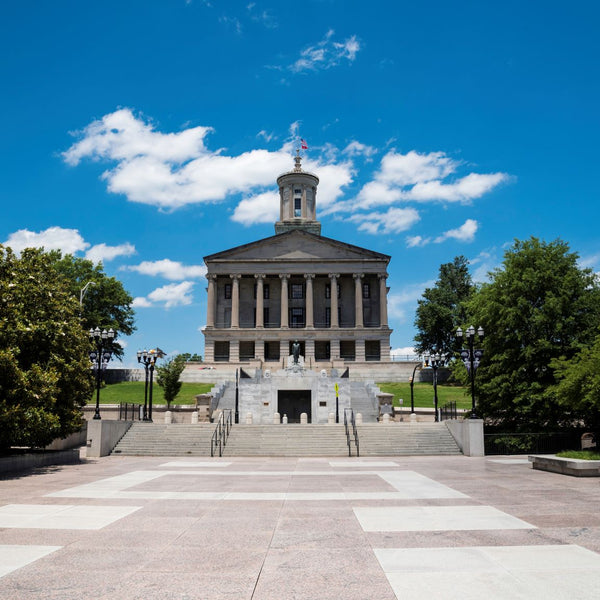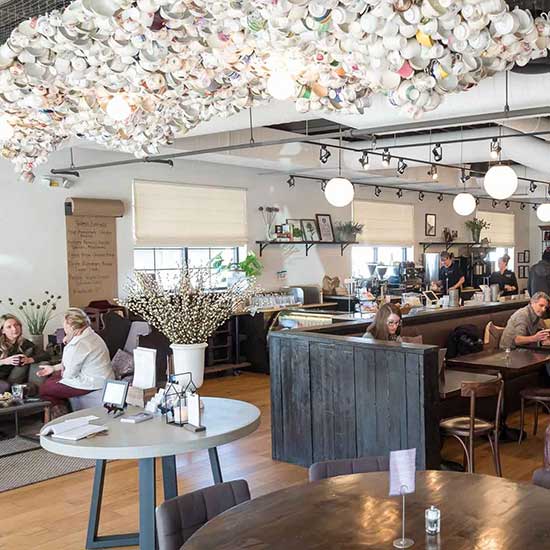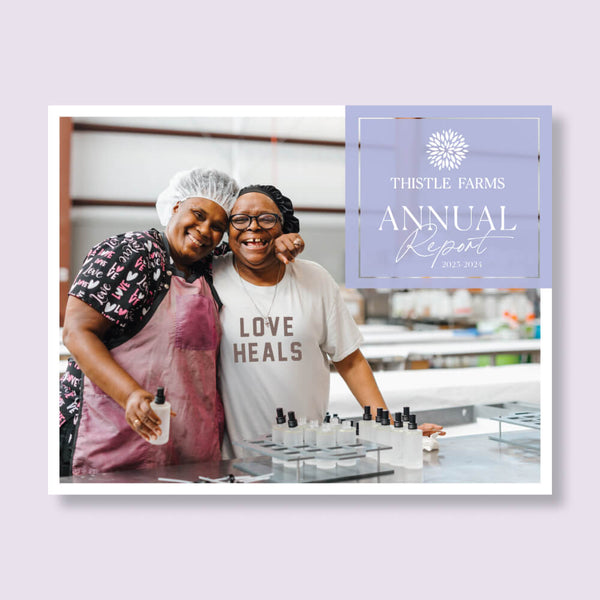The Many Faces of Human Trafficking
Prostitution and trafficking aren't normally topics of conversation that get brought up around the dinner table. But in my first few months on the job at Thistle Farms, I've learned that the issue isn’t just the Hollywood portrayal where unsuspecting people visiting foreign countries are swept up into shipping containers, never to be heard from again.
Because January is Human Trafficking Awareness month, I invite you to learn more about this issue, and just how commonplace it is.
The reality is that many of us walk alongside those who have been trafficked every day without ever knowing it. They are women who have been exploited by family members, friends, or partners into trading their bodies not always for money or drugs, but for food, shelter, and even a modicum of safety.
These are the women Thistle Farms has served for over 25 years, and their struggles and stories are so much closer to home than many of us realize.
None of the women who are trafficked ended up in these situations by themselves. Those who are trafficked have often been failed by broken systems like education, child welfare, housing, and public health. Because of this, they endure poverty, trauma, and other extreme hardships that increase their vulnerability to being trafficked.
Make no mistake: these are hardships that can lead to trafficking are faced by all communities in Tennessee, urban and rural alike. This isn’t just a Nashville or Memphis issue.
90-percent of sex trafficking victims in the US are female, of which women and girls of color make up a disproportionate number of trafficked individuals. Meanwhile, the overwhelming majority of those purchasing sex - creating the demand that drives even more bodies into the sex trade - are men.
Most of the women Thistle Farms serves report having first experienced sexual abuse between the ages of 7-11, began using alcohol or drugs by the age of 13 as a means of coping with trauma, and are first on the streets between the ages of 14 and 16.
For these women to go through such immense struggles at young ages is heartbreaking. But the women who enter our residential program are resilient with extraordinary spirits. Having the safety to begin healing from what is, in most cases, a lifetime of trauma while being given second, third, and fourth chances - and sometimes first chances - transforms lives. Thistle Farms is here to remind us that being trafficked doesn’t have to be the end of someone's story.
However, the services Thistle Farms provides are a reaction to the issue, not a solution. We cannot stop this cycle without working together to address the systems that fail women and the demand that fuels the sex trade. Addressing the pathways into commercial sexual exploitation means changing the systems that criminalize and abuse women while challenging the norms that commoditize and sexualize women.
That starts with having uncomfortable conversations, whether that’s around the dinner table or the board table. Have those conversations and be willing to listen, to learn, to take action, and commit to a world where buying or selling a person for sex is what’s stigmatized, rather than the women who are eaten up by the sex trade everyday.
- Tasha Kennard, Thistle Farms CEO
